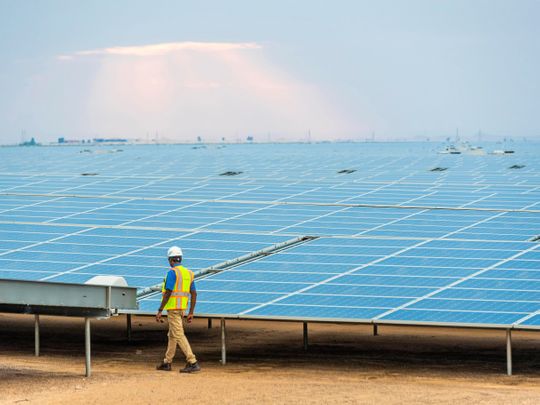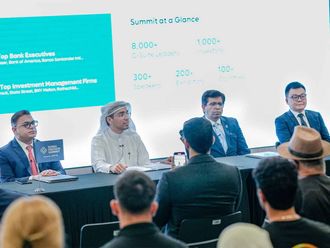
Abu Dhabi: EWEC (Emirates Water and Electricity Company) released its latest Statement of Future Capacity Requirements Summary Report for Abu Dhabi’s future water and electricity production.
The statement forecasts a significant 50 per cent reduction in carbon dioxide (CO2) emissions from a shift towards more sustainable water and electricity production by 2025, in addition to recommending a major investment programme in new reverse osmosis (RO) water desalination projects.
EWEC forecasts water and electricity demand for 2021-2027, and sets out the decision-making process regarding the future production capacity requirements for Abu Dhabi and beyond, with recommendations for planning decisions to be taken in the coming year. This is the first time the statement summary report has been made available publicly.
“At the core of EWEC’s business is sustainable, efficient water and electricity production as we continue to ensure supply security, and the Statement of Future Capacity Requirements Summary Report is a key reference for the likely future of water and electricity requirements," said Othman Al Ali, Chief Executive Officer of EWEC.
Using analytical techno-economic modelling tools across a number of narrative based scenarios, the recommendations in the statement have been based on updated long-term demand forecasts projecting economic growth. Under the base case scenario, it is forecast that investment made to date in solar Photovoltaic (PV) projects, clean energy projects such as nuclear energy, and RO desalination coming on-stream in the coming years, expected CO2 emissions will drop to around 20 million tonnes by 2025 from more than 40 million tonnes in 2020.
EWEC has already implemented strategic plans that have reduced emissions. The company’s average CO2 intensity from electricity generation fell in 2018 to 350g per kilowatt-hour (kWh), 15 percent down from 412g/kWh in 2015 due to the commissioning of new energy-efficient plants.












